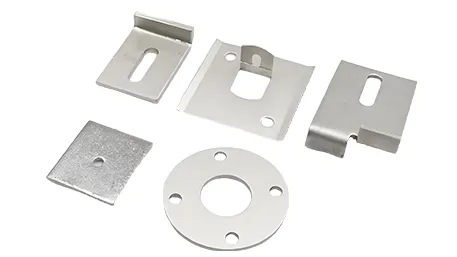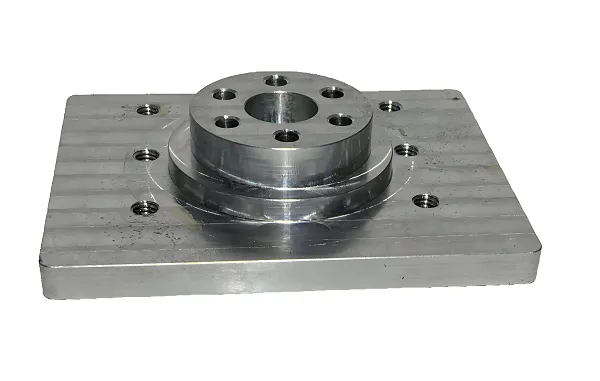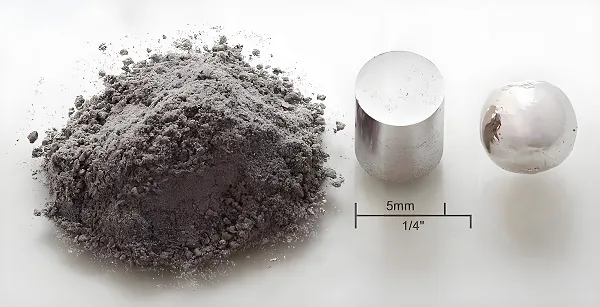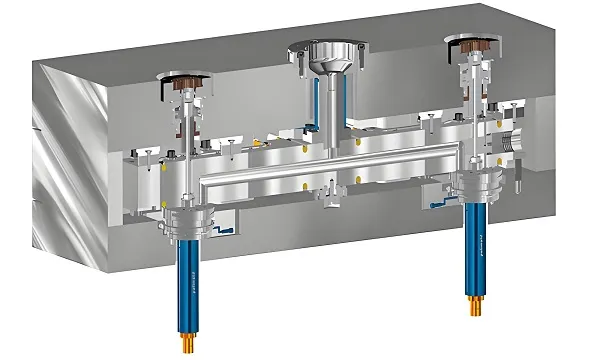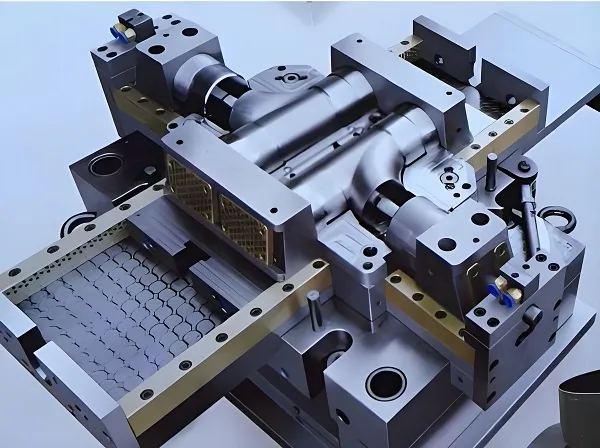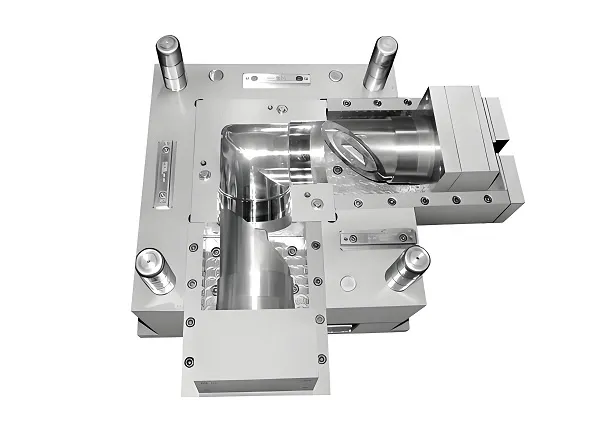1. Technical Principle: The High-Tech Version of Steaming Buns
Injection molding works like a “plastic chef” cooking raw materials. Plastic pellets are heated to 200-300°C until molten, then injected into molds under high pressure. Modern machines use intelligent sensors to monitor temperature fluctuations within ±0.5°C, akin to a precision oven. Example: In automotive headlight production, mold pressure monitoring reduces product deformation from 3% to 0.8%.
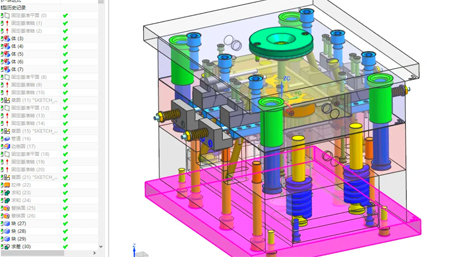
2. Cost Analysis: Three Keys to Savings
| Item | Traditional Method | Optimized Solution (Annual 100k units) | Annual Savings |
|---|---|---|---|
| Mold Cooling | Standard steel mold | Conformal cooling channels | $14,000 |
| Material Waste | Direct disposal | Regrinding recycled sprues | $10,500 |
| Quality Control | Manual inspection | AI vision system | $26,000 |
Case Study: A Shenzhen factory reduced machine downtime from 12% to 3% through staff training, saving $40,000 annually.
3. Product Features: The Transformers of Plastics
- Strength: Glass-fiber reinforced nylon withstands 150°C (like car engine parts)
- Precision: ±0.02mm tolerance for smartphone SIM trays (1/3 hair thickness)
- Specialty: Antibacterial plastics eliminate 99% of surface bacteria
4. Production Workflow: Birth of a Phone Case
- Design Validation: 3D modeling with 1-2° draft angles to prevent sticking
- Trial Molding: 50 test samples to adjust gate positions
- Mass Production Prep: Mold preheated to 80°C, barrel zones controlled
- Molding: 120-ton clamping force (≈10 sedans’ weight)
- Post-Processing: Regrind sprues to save 15% material
- QC: CMM (Coordinate Measuring Machine) checks critical dimensions
5. Customization: From Blueprint to Product
Service Flow:
Customer Requirements → DFM Analysis → 3D Prototyping → Small-Batch Trial → Mass Production
Common Design Fixes:
- Wall thickness variation → Add ribs
- Insufficient draft angle → Increase by 0.5-1°
- Poor gate location → Mold flow analysis
6. Core Advantages: Unmatched by Alternatives
| Process | Unit Cost | Daily Output | Surface Finish |
|---|---|---|---|
| Injection Molding | $0.40 | 8,000 | Ra0.8μm |
| CNC Machining | $6.80 | 150 | Ra1.6μm |
| 3D Printing | $5.20 | 300 | Ra3.2μm |
Efficiency: One mold produces 8,000 parts/day (fills two trucks).
7. Applications: Ubiquitous in Daily Life
- Electronics: TWS earphone housings with 99.8% yield
- Medical: 50M insulin syringes/year using medical-grade PC
- Automotive: Door handle molds lasting 500k cycles (100k cars)
- Novelties: Custom guitar picks selling 200k/month
Pro Tips: Industry Insider Knowledge
- Mold Life: 100k-300k cycles (ignore “lifetime warranty” claims)
- Contract Clauses: Specify “all surface treatments included” to avoid hidden fees
- Material Testing: Keep samples from every batch to prevent fraud
Q&A Section
Q: How to evaluate mold quality?
A: Check three factors:
- Core hardness ≥HRC52
- Mold frame brands (e.g., DME/HASCO)
- Trial molding videos
Q: Fix flow marks on surfaces?
A: Increase melt temp by 10°C, boost packing pressure 15%, redesign gates.
Data sources: Industry reports from. For detailed technical parameters, consult machinery manuals or contact certified suppliers.

